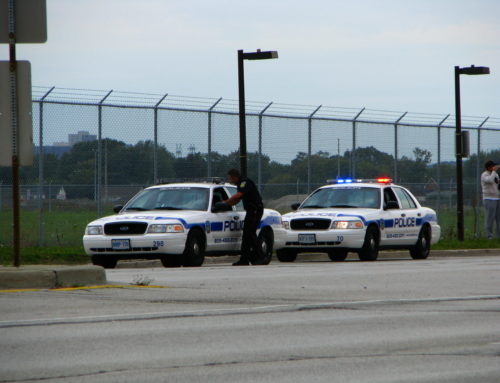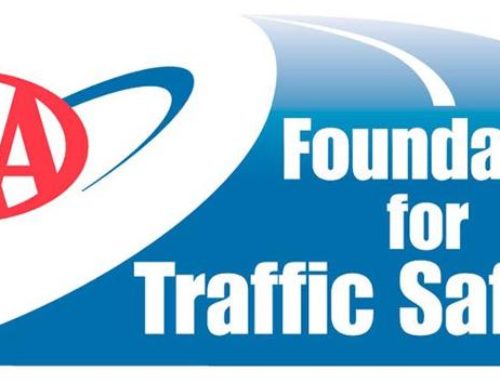According to DUI Defense Attorneys in Washington, the installation of an ignition interlock device in a driver’s car may increase the likelihood of accidents. Under Washington State DUI laws, the ignition interlock device is required to be installed if a driver’s license is suspended due to a DUI arrest or conviction within the state.
To refresh, the ignition interlock device is installed with the wiring in a car to prevent the car from starting. However, it is not commonly known that Washington State’s DUI law also required a “rolling retest” after the vehicle has been started. In this process, when the car is in motion, the ignition interlock signals the driver to blow into the device:
“WAC 2-4-50-110 (7) Each device shall require the operator of the vehicle to submit to a retest within ten minutes of starting the vehicle. Retesting shall continue at intervals not to exceed sixty minutes after the first retest. The device shall be equipped with a method of immediately notifying peace officers if the required retest(s) above is not performed, or if the result of the retest exceeds the lower of .025 BAC or the alcohol concentration as prescribed by the originating court. Examples of acceptable forms of notification are repeated honking of the vehicle’s horn, repeated flashing of the vehicle’s headlamps, or the wailing of a small siren. Such notification may be disabled only by switching the engine off, or by the achievement of a retest at a level the lower of .025 BAC or the maximum allowable alcohol concentration as set by the originating court.”
These dangers from the rolling retest have been frequently documented because it causes a distraction while driving, similar to cell phones. Use of cell phone while operating a motor vehicle is not only dangerous, but also illegal. So isn’t the rolling retest of the interlock device just as dangerous? Lawmakers across the country should further investigate such claims.






